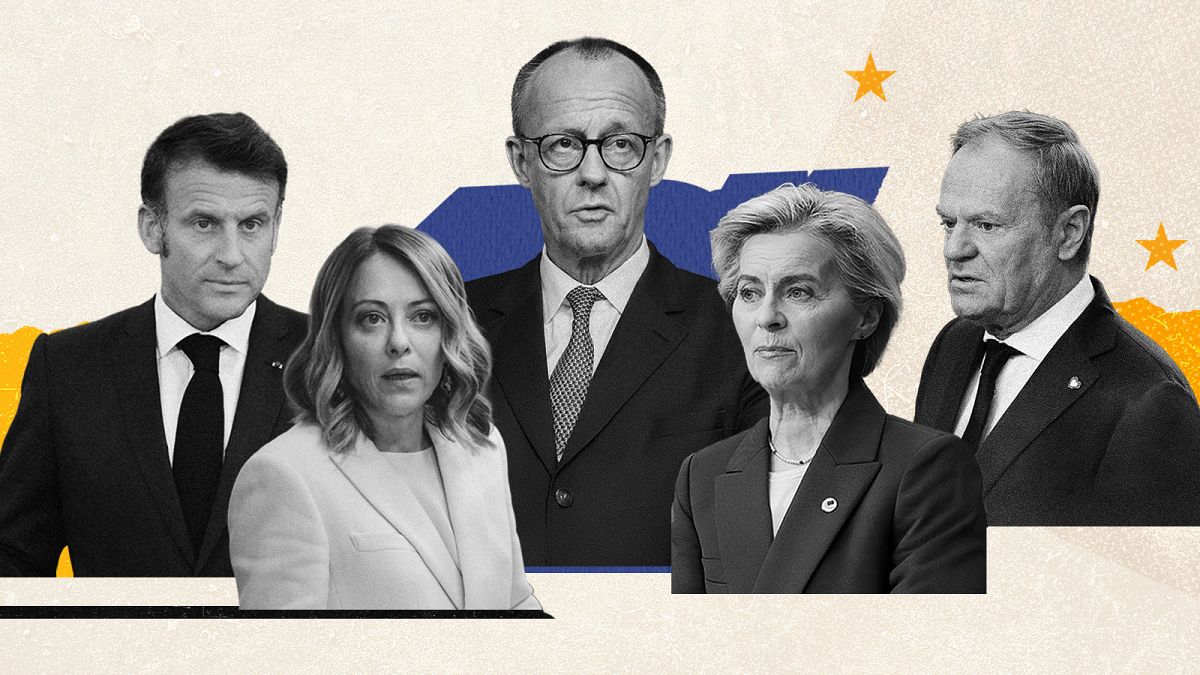

In a week filled with dynamic global events, the world witnesses a series of geopolitical interactions, humanitarian challenges, and consequential decisions. Each of these topics unfolds important narratives that traverse from European dialogues to Middle Eastern adversities, painting a diverse canvas of current affairs.
The European Union summit, an important stage for political dialogue, sees Hungary’s Prime Minister Viktor Orbán revealing his intent to veto Ukraine’s pursuit of EU accession. This pivotal meeting of EU leaders held in Brussels, while brimming with significant agenda items, places particular focus on Ukraine’s potential membership. The discussions highlight the complex tapestry of Europe’s political landscape, where strategic alliances and national interests carefully weigh against the broader goal of unity and expansion.
Turning to the Middle East, the Israel-Hamas conflict continues to cast a shadow over the region. An unfortunate incident in Southern Gaza involves seven Israeli soldiers losing their lives due to an explosive attack on an armored vehicle. The ongoing conflict, which reignited on October 7, 2023, remains a poignant reminder of the enduring turbulence affecting countless lives. Throughout this period, more than 860 Israeli soldiers have perished, half within the Gaza confrontation, underscoring the tragic human cost of the conflict.
On a parallel note of pressing concern, Sudan’s humanitarian crisis deepens with a devastating attack on the al-Mujlad hospital in West Kordofan. As described by the World Health Organization, this incident resulted in over 40 civilian fatalities, including health workers and children, amidst the ongoing civil conflict between the Sudanese military and the paramilitary Rapid Support Forces (RSF). The world watches as Sudan grapples with what is described as the largest humanitarian crisis of our time.
Meanwhile, in the intricate interplay of international relations, tensions escalate between the United States and Iran. Following recent U.S. airstrikes targeting Iran’s nuclear facilities, former President Donald Trump labels these actions as a ‘devastating attack.’ This assertion has sparked a mix of reactions, both from within and outside the U.S. administration, particularly in light of rumors that the strikes may have only temporarily hindered Iran’s nuclear ambitions. This complex narrative is further entangled as the White House considers restricting classified information sharing with Congress.
Adding depth to the geopolitical discourse, Iran’s internal security policies unfold with greater intensity. In the wake of increased external hostilities, Iranian authorities have initiated a stringent domestic crackdown, marked by arrests and military incursions, particularly in regions like Kurdistan. These actions, reported to include mass arrests on political or security charges and public executions, seek to reinforce national security amidst external pressures.
This burgeoning climate of international tension and humanitarian distress calls for mindful reflection and response. As these stories evolve, they invite the global community to engage thoughtfully, balancing strategic interests with human dignity and collective peace. Each event, significant in its own right, underscores the intricate interconnection between nations, presenting both challenges and opportunities for fostering a more harmonious global landscape.
Source: {link}
